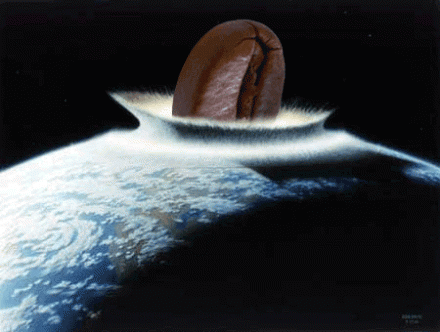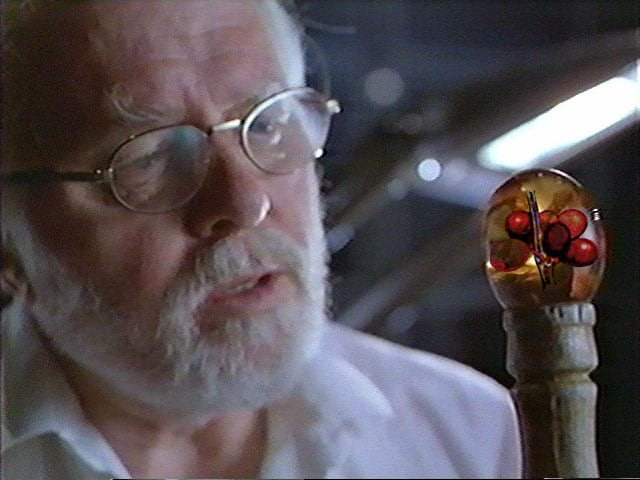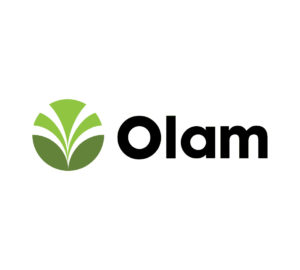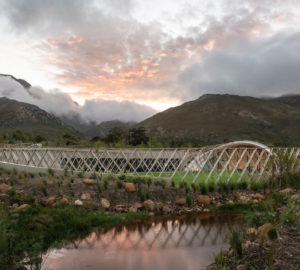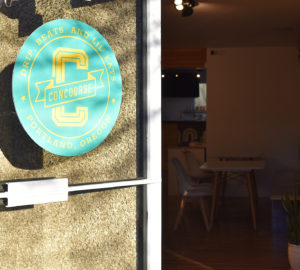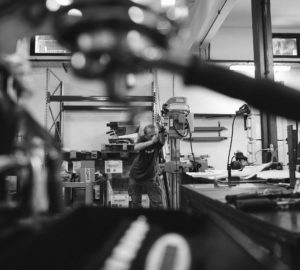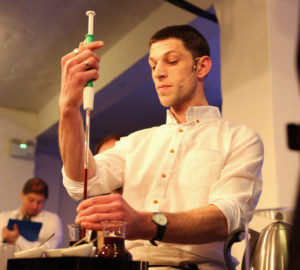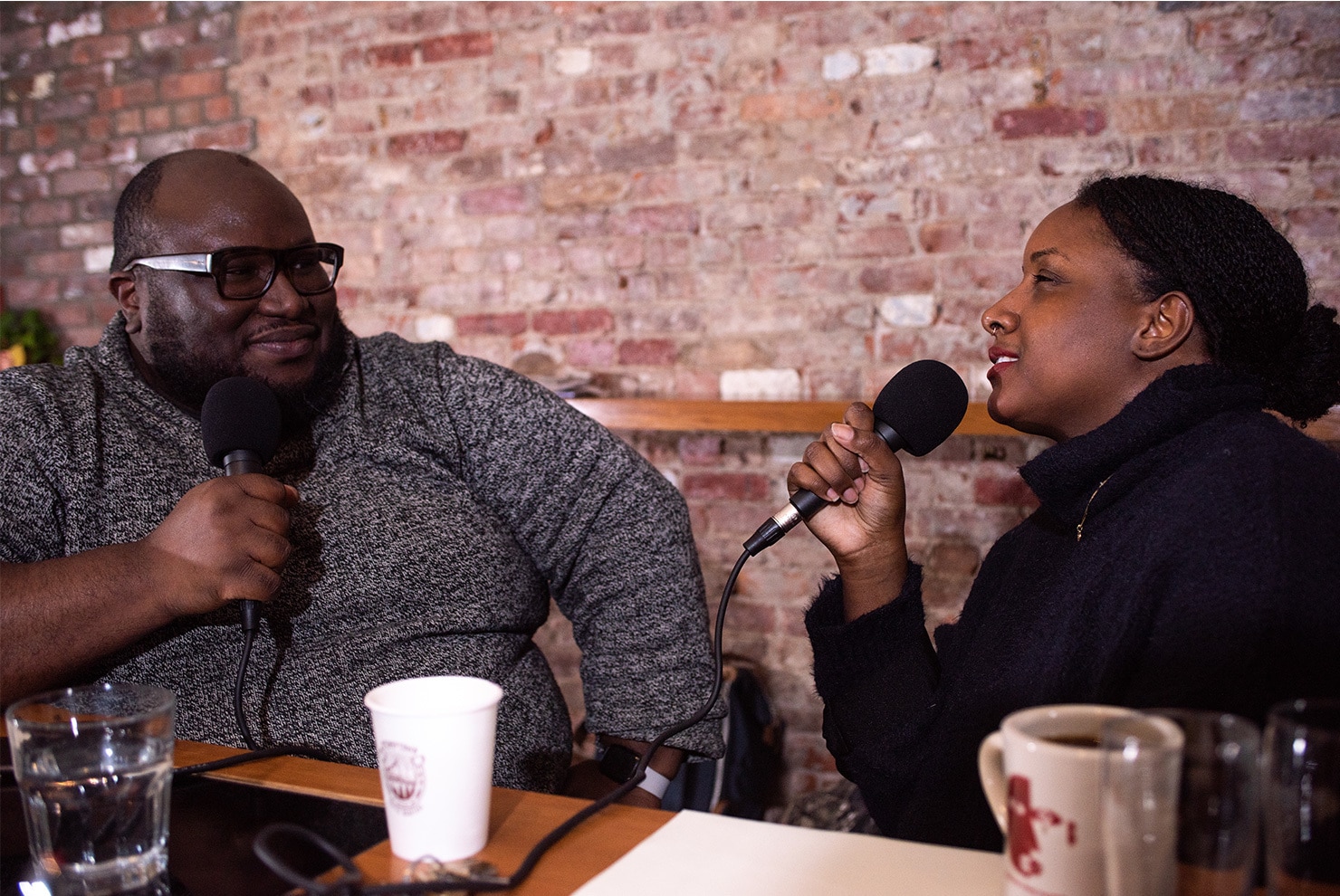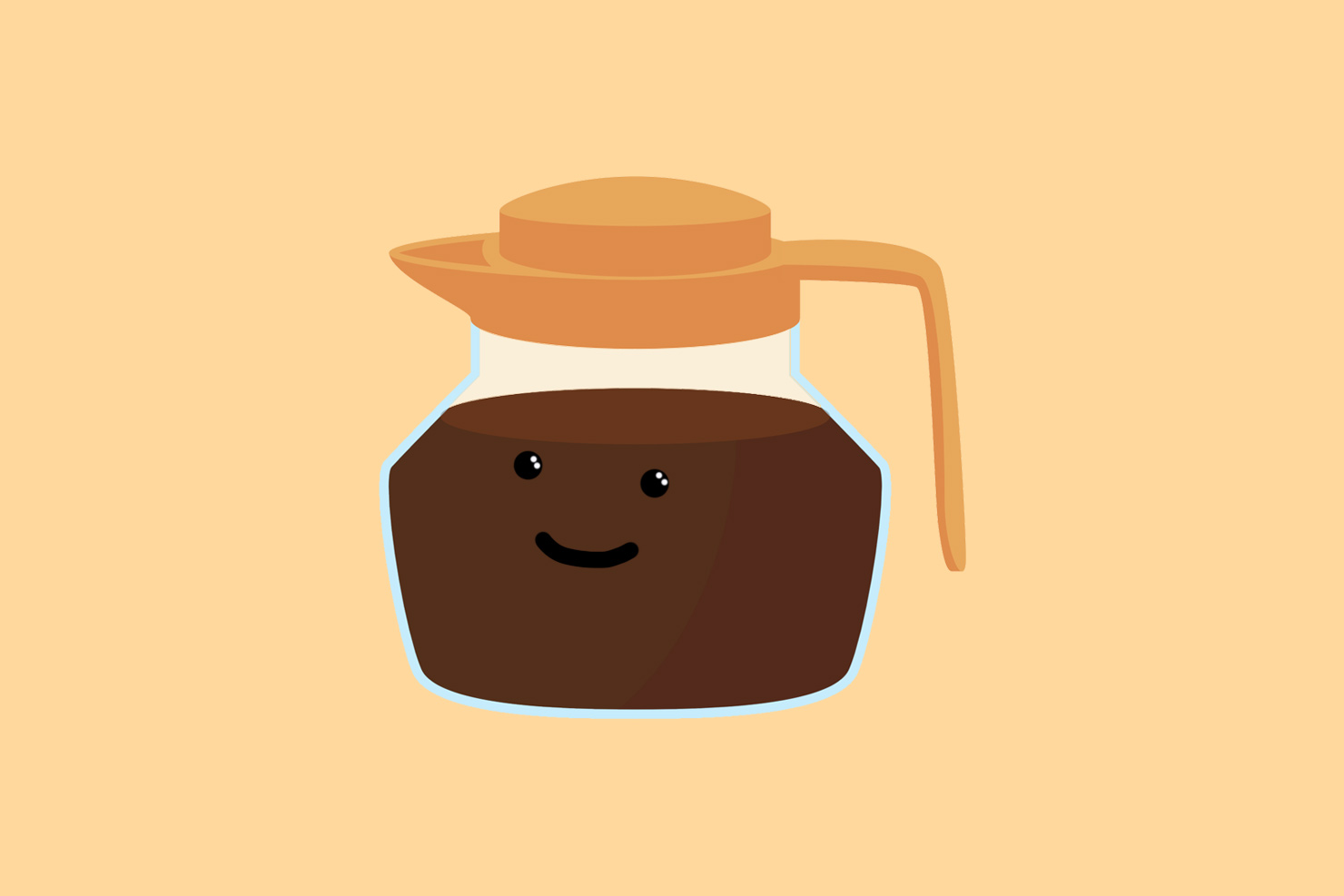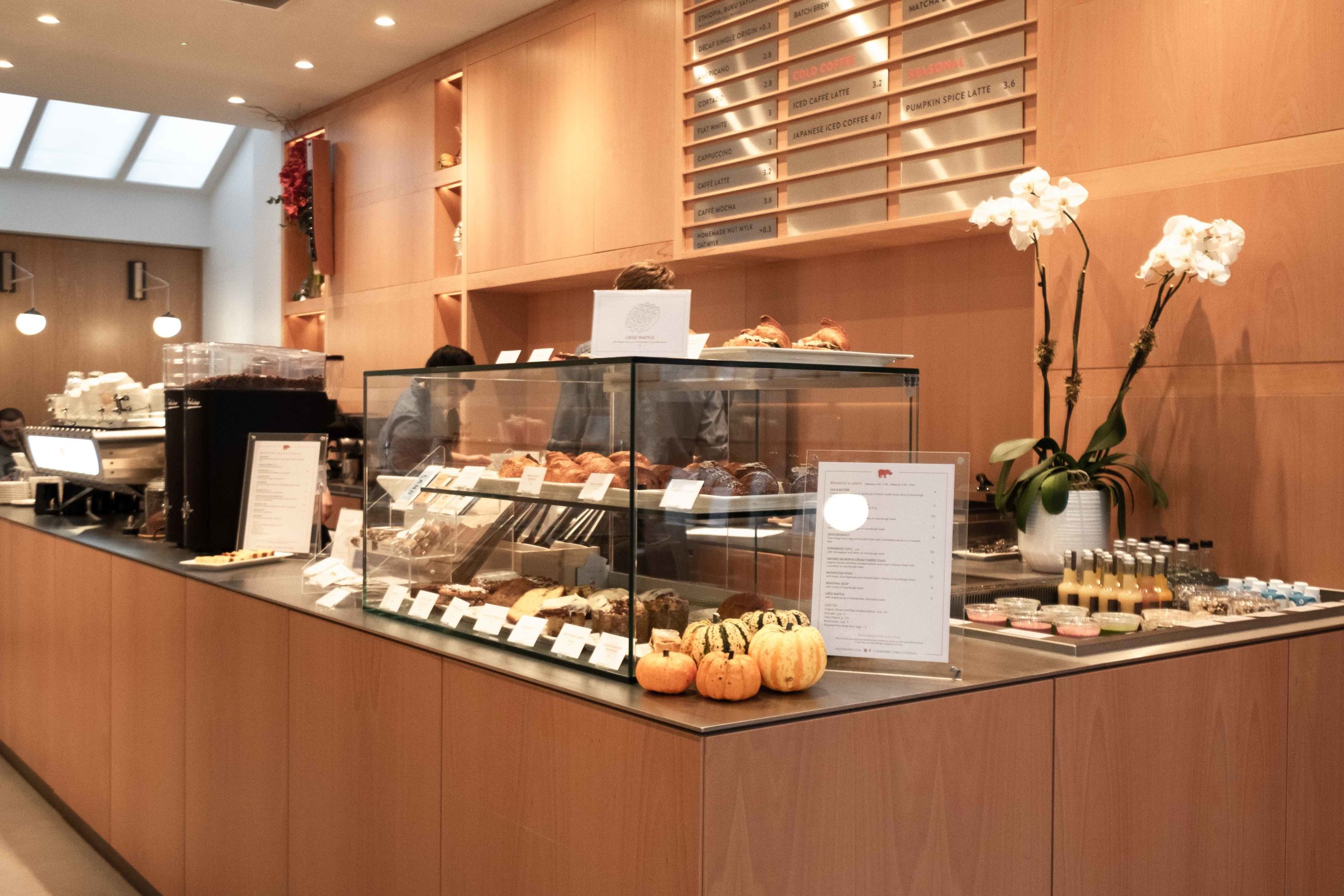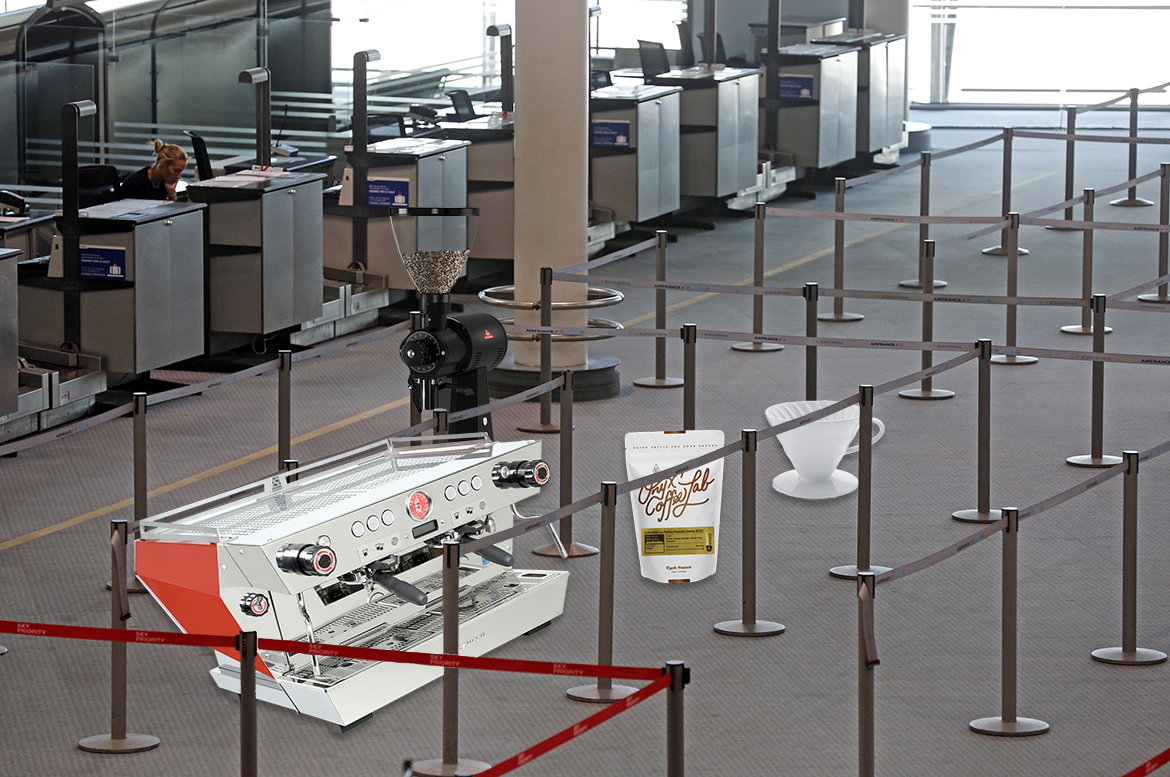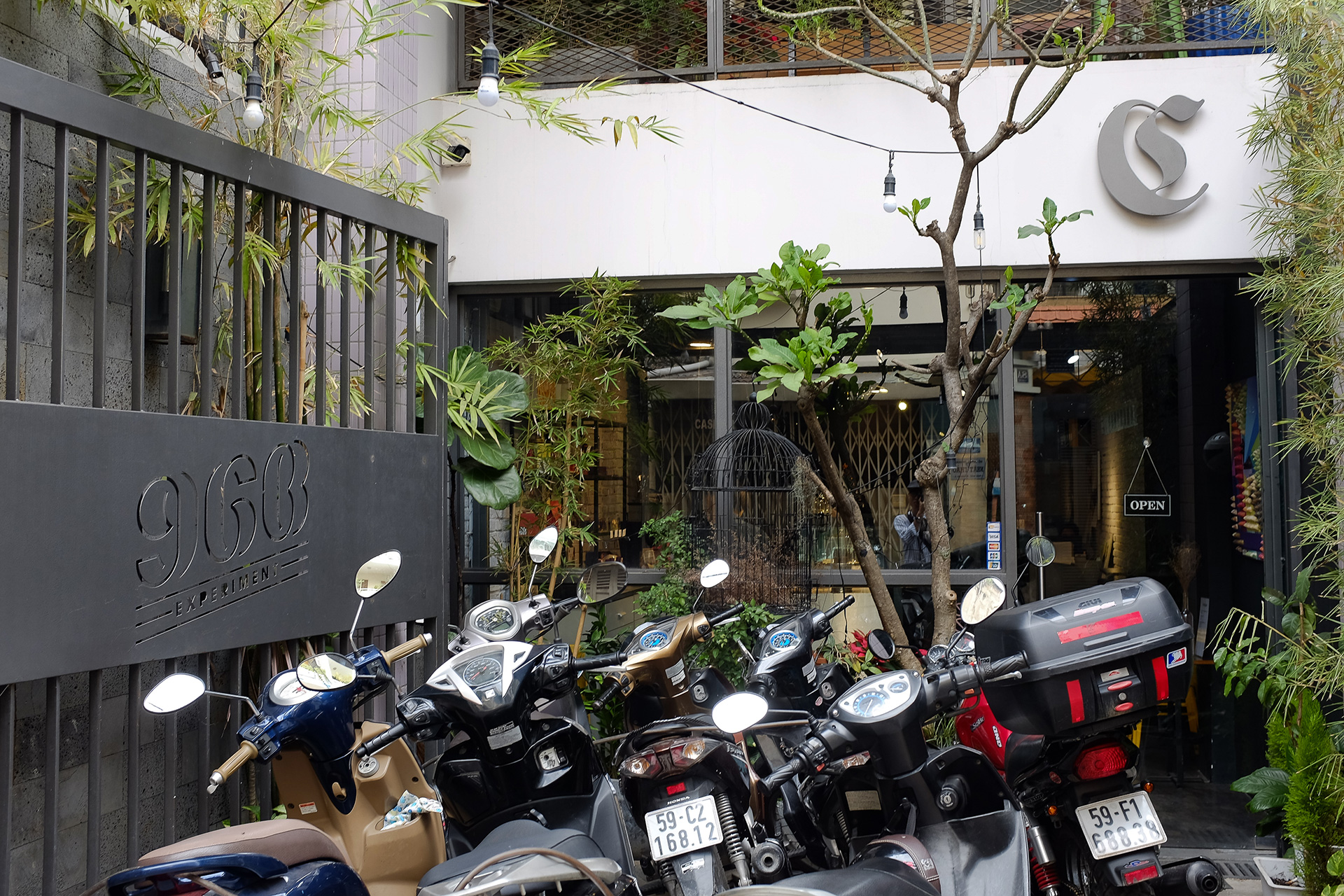Doomsday! Like “Deep Impact” for the coffee bean, this story has been making the rounds on blogs, news syndicates, blog-mirrors, Copy+Pasteboards, and National Geographic. Now it’s Sprudge’s turn! Who are we going to copy and paste from? Huffington Post, you totally understand the need to rip-off content, so we choo-choo-choose you!
The wild Arabica coffee plant, the parent of the bushes on coffee farms, could go extinct as soon as 2080, according to a study by researchers from the Kew Royal Botanic Gardens published in PLoS One on Wednesday.
To generate their predictions, the researchers used a computer to simulate the potential impact of climate change on the regions that are home to the wild coffee plant, in the mountains of East Africa. They found that by 2080, global warming was likely to reduce the number of “bioclimatically suitable localities” for wild coffee growth by between 65 and 100 percent. In other words, if their worst-case scenario comes true, there will be nowhere on earth for wild coffee to grow. In the long term, that spells almost certain extinction.
Boy that PLoS One is really killing it lately, despite the fact that their scientific journal sounds like it should be a twink boy band. Oooh, and there’s a video!
National Geographic has perhaps the most comprehensive article on the study:
The purpose of the study isn’t to scare people, Davis said, but rather to inspire action.
“We’re trying to understand: What if we don’t do anything—what will happen? And what can we do about it now?” Davis said. “If we’re proactive, we can avoid a dire situation.”
The study identifies several “core sites” where wild Arabica can likely survive until at least 2080, and recommends that these areas be targeted for conservation.
Conservation activities have helped other species avert extinction, Davis said, so he remains optimistic about the future of wild coffee. Raven, however, takes more of a cup-half-empty view. While the goal of preserving plant species in the wild is “laudable,” he said, seed banking is extremely important even in areas where extinction is not yet imminent.
They also add that robusta is perfect for climate change, due to its ability to grow well in low-altitude and hotter climates.
Okay, so real-talk: Is it time to start storing arabica seeds deep underground? Will the fourth wave of coffee include angsty James Hoffmann Jr.’s Basement Bug Bunker Blend? Will Ollie Strand the pseudonymous 4th be vacuum-tube insta-traveling to New Oslo to slurp little Timmy Wendelboe’s Bubble Dome Bourbon Neutron Roast?
While both of those scenarios are highly likely, you probably also have an opinion, and if you’ve read this far we (in theory) care about hearing it, so Sound Off! in the comments below!











